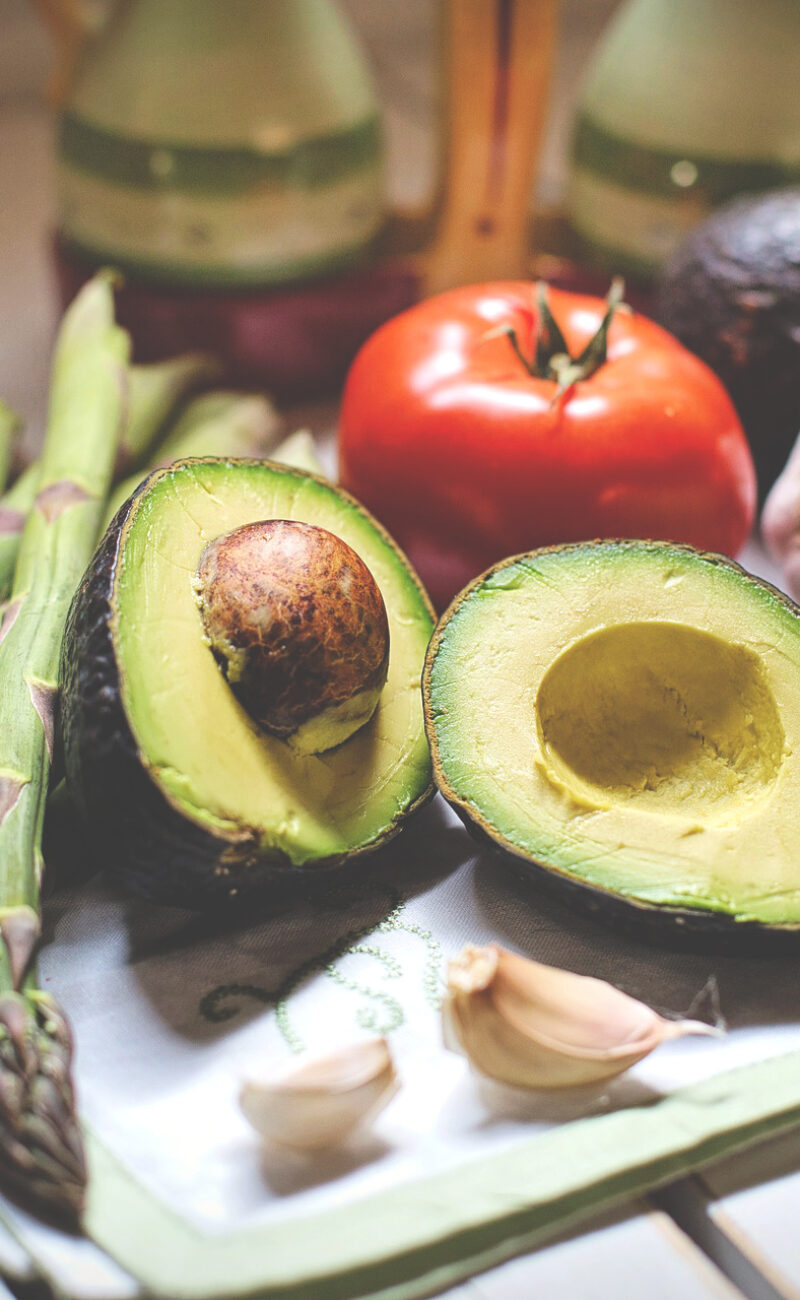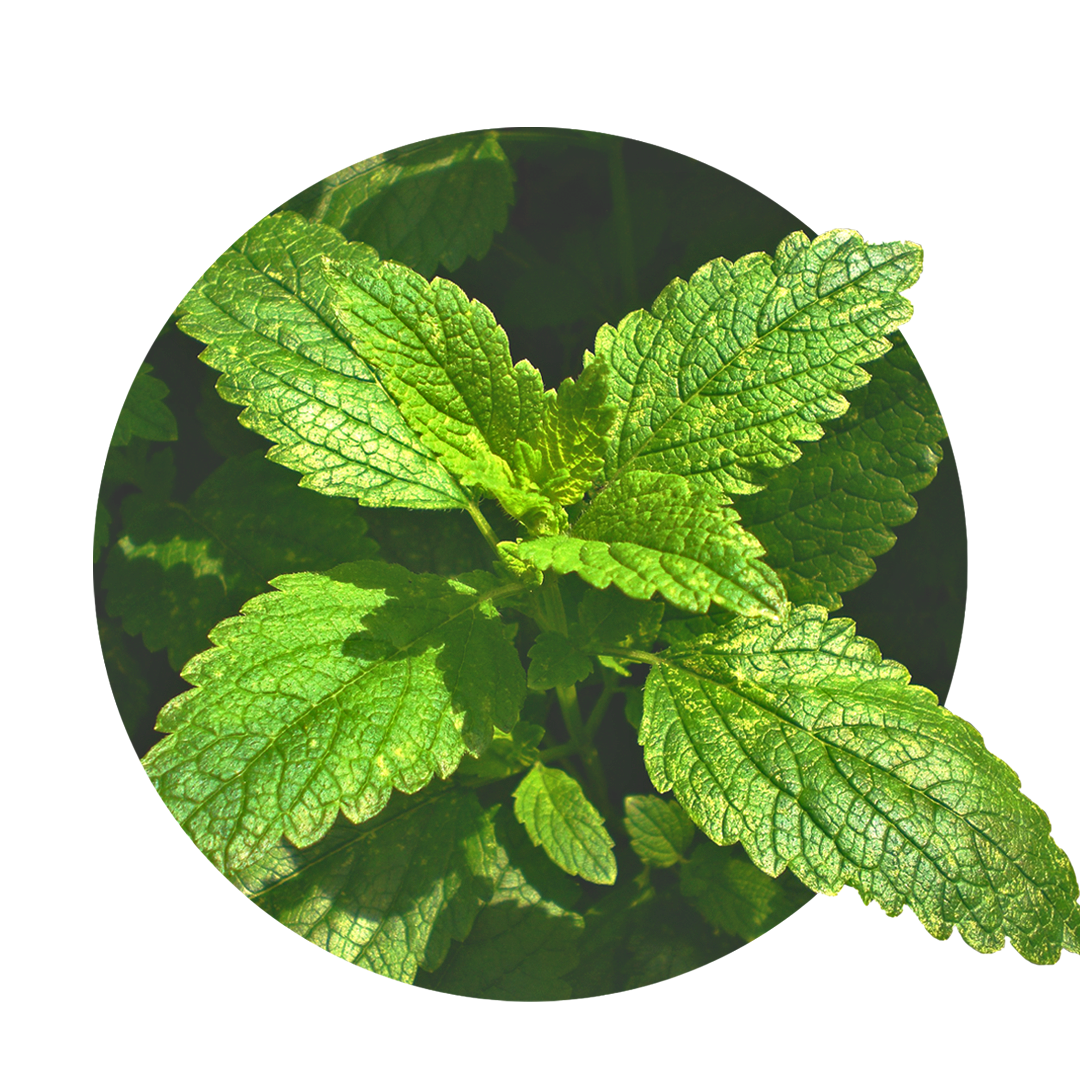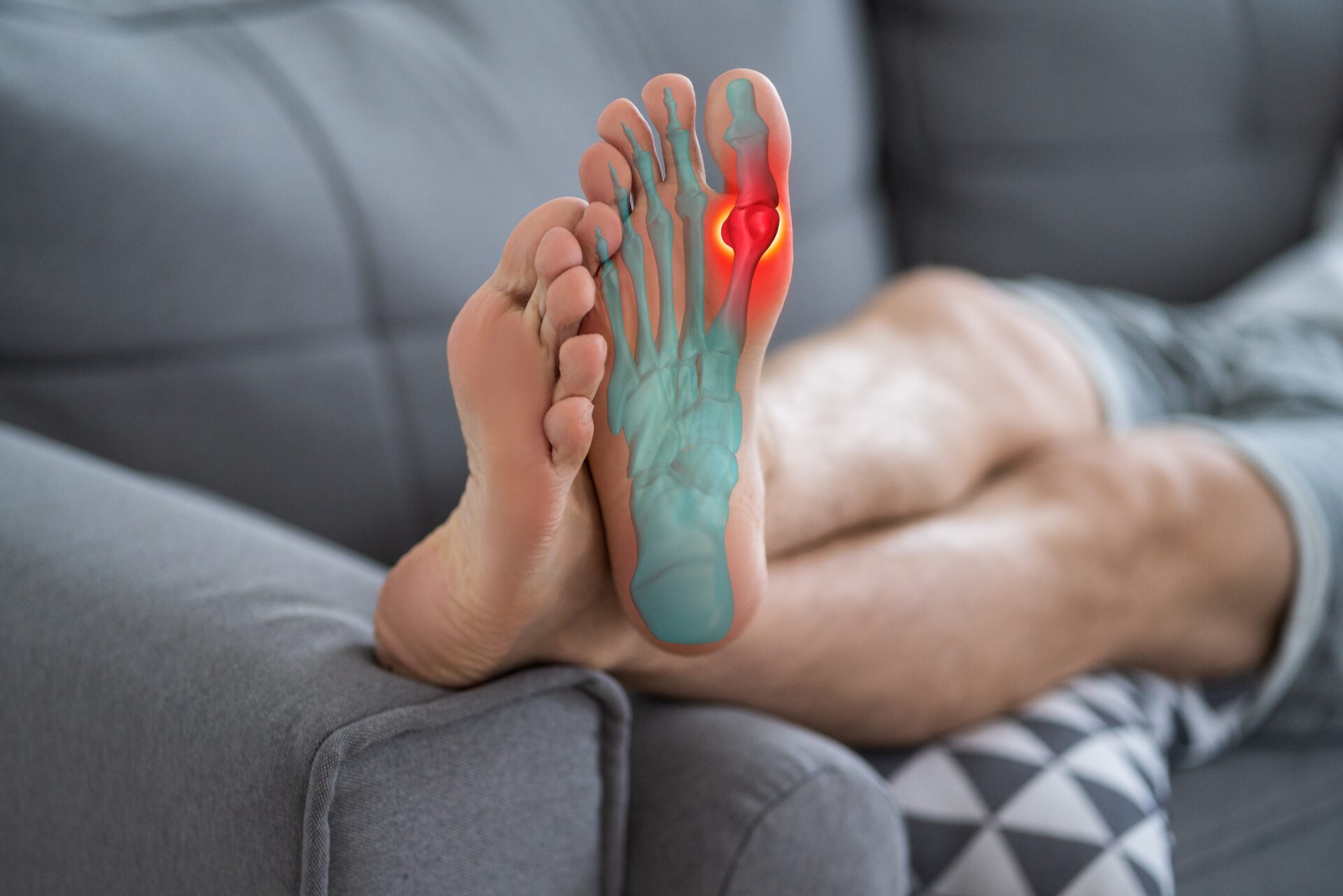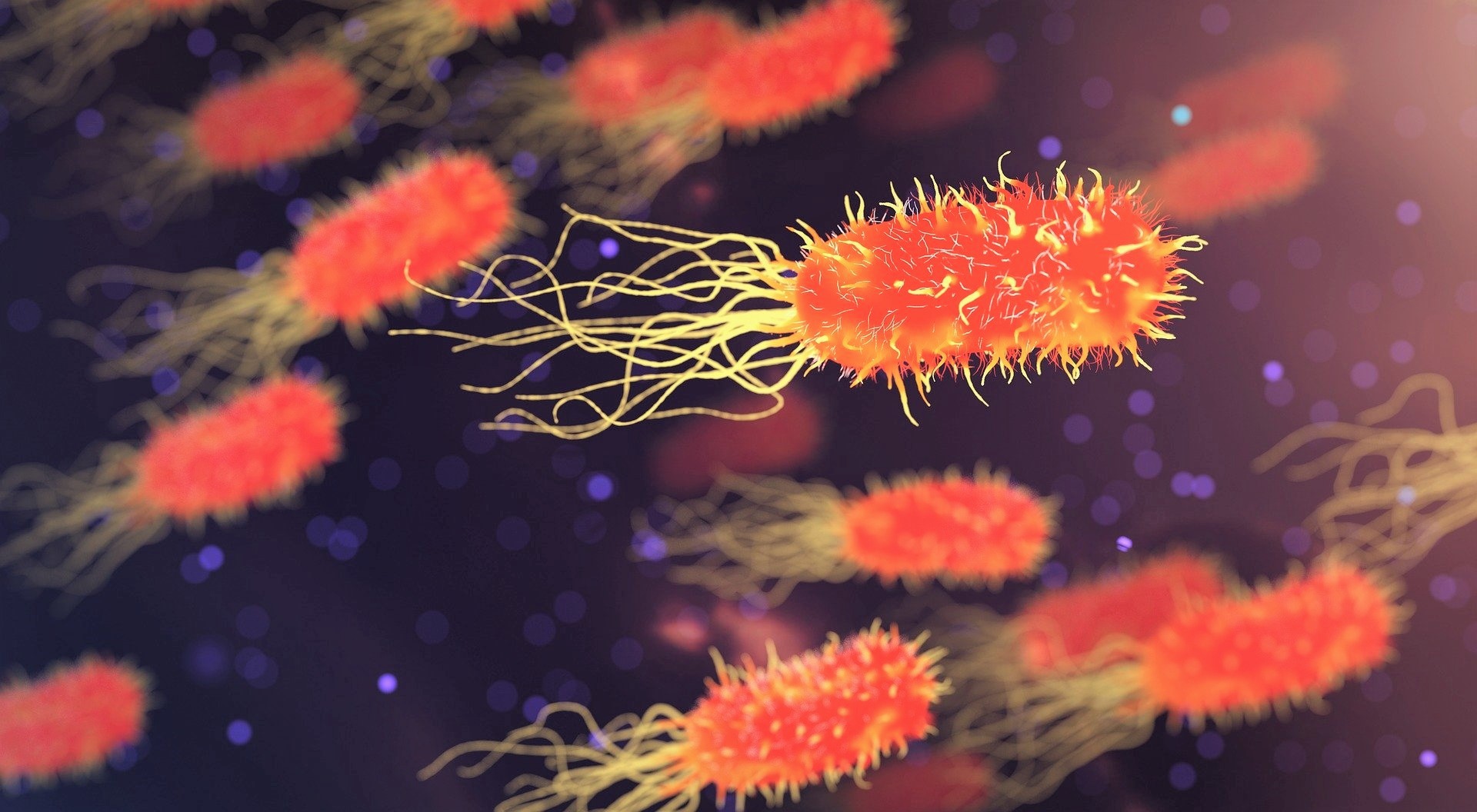
Your individual stress mix
With natural methods such as the individual spagyric sprays from Zimply Natural, complaints can be treated and sustainably alleviated.
Nerve food: With these tricks to more balance
Not hearing the alarm clock, missing the train or a fight between the children. Many people's nerves are already on edge in the morning. And then many reach for chocolate and the like. At the time, it sounds like a good decision, but this joy is usually not long-lasting. Because shortly after the sugar high comes a low, you are tired and lack energy. In such moments, it is important to know which substances are good for your body and which nerve food you should resort to.

Basis of a good diet: micronutrients
Not a new tip, but a very important one: A balanced and varied diet is the basis for strong nerves. Energy lows should be avoided, the brain and the body should be supplied with energy in the long term. The three macronutrients are important for this: protein, fat and carbohydrates. They are the basis of all metabolic processes and thus essential for life.
Carbohydrates: Our main source of energy
Our body gets most of its energy from carbohydrates. Carbohydrates are stored in the so-called glycogen stores. These are located in the muscles and in the liver. When the stores are sufficiently filled, they provide a steady energy level. Carbohydrates are divided into simple and complex carbohydrates, with the latter providing more benefits to the body. You can get good carbohydrates from whole grain products, oatmeal or potatoes, for example. Especially people who engage in heavy physical activity should pay attention to a sufficient supply of carbohydrates to ensure a steady supply of energy.
Proteins: Building material of our body
Proteins are made up of many building blocks called amino acids. 21 different amino acids are used for the formation of proteins, some of which cannot be formed by the body itself and must be ingested through food (essential amino acids). Proteins are important for various tasks in the body, for example the building of cells, the defense against foreign substances or muscle movement. Good sources of protein are, for example, legumes, lean meats or dairy products such as low-fat curd cheese.
Fats: flavor carrier and energy supplier
Not only the quantity is decisive, but also which fats we consume. There are saturated, monounsaturated and polyunsaturated fatty acids. The intake of unsaturated fatty acids is recommended, saturated fatty acids should rather be avoided. Omega-3 polyunsaturated fatty acids also play an important role in the prevention of cardiovascular diseases. In order to get enough healthy fats, you should regularly eat nuts, salmon, avocado or healthy oils such as olive oil.
Reduce your stress level with these foods
These foods provide you and your body with the important nutrients so that your nerves are strengthened and you can keep a clear head even in stressful situations.

Nuts, kernels and seeds:
They are the ideal snack for on the go and provide our body with large amounts of B vitamins and Magnesium. Vitamin E helps protect cells from oxidative stress.
Bananas:
Bananas are also known as happy food. They contain large amounts of tryptophan, which is important for the formation of serotonin, the happiness hormone. In addition, our nerves are strengthened by contained nutrients such as vitamin B6 and magnesium.
Oatmeal:
The complex, long-chain carbohydrates in oatmeal are broken down and digested more slowly, preventing cravings. In the morning as porridge or muesli are ideal to fill your energy stores with complex carbohydrates.
Dark chocolate:
Dark chocolate: Chocolate against stress? Yes indeed, but only those with a high cocoa content. The tryptophan contained in cocoa helps in the formation of the happiness hormone serotonin.
These are just a few foods that have a strengthening effect on your nerves. And to get the ideal nerve food, combine some of these foods together. For example, how about a muesli of oatmeal, bananas and nuts? But of course, mix it yourself to avoid unnecessary sugar.
Discover the medicinal plants of Zimply Natural against stress and strained nerves
With our spagyric manufacturing processes according to Dr. Zimpel and Glückselig united Zimply Natural the power of phytotherapy, the energy of homeopathy, the potential of Bach flowers and the minerals of the Schuessler salts and is thus to be understood as one of the most comprehensive concepts in the field of naturopathy.

These vitamins are important for strong nerves
Some important vitamins have already been mentioned above. Vitamin B is especially important for strong nerves, because it takes over important tasks for nerves and psyche. In addition, you should take enough vitamin C and E to protect the body's cells against Anti-Stress to protect
- Vitamin B12: Strengthens the nervous system and helps with overload and exhaustion
- Vitamin A: help with free radicals.
- Vitamin B4: Improves memory and promotes concentration.
- Vitamin C: Protects your cells from oxidative stress.
- Vitamin B2 and B6: Reduce fatigue and tiredness

Minerals: A solid part of nerve food
Minerals have predominantly regulatory functions in the body and are involved in many metabolic processes. For example, they build hair and bones, transmit stimuli or are involved in protein formation. Minerals are not produced by the body itself, which is why you should make sure that you take them in sufficient quantities from your diet. Above you could already read which nerve food contains certain minerals.
- Magnesium: Important for muscle and nerve function. Magnesium has an anti-inflammatory & antispasmodic effect and helps with tension and stress.
- Calcium: Stabilizes your bones and teeth. Calcium supports the transmission of signals between the nerves.
- Potassium: Transmits stimuli and supports muscle work, Regulates water and acid-base balance.
- Zinc: Helps protect cells from stress. It is also involved in cell growth and wound healing.
5 tips for less susceptibility to stress

Change the perspective
Change perspective: In stressful moments, try to mentally create distance & look at the situation from a different perspective. This can open other perspectives and calm your feelings.
Breathe consciously
Breathing slowly and consciously helps you to defuse the situation and to make rash & hasty decisions. Take a few moments just for your breathing and you will notice how you automatically become calmer.
Talk about it
Quarrel with colleagues or friends? Address the problem! It usually helps to address the problem in a calm tone and to listen to the other person's side. Often it is only small misunderstandings that lead to unfounded stress.
Get support
Ask for support, for example, if you are overwhelmed with a task! New ideas from others and working together will make the whole situation easier.
Reward yourself
Set yourself a reward in prospect! You may feel like giving up in this stressful situation, but imagine how you could reward yourself afterwards!














